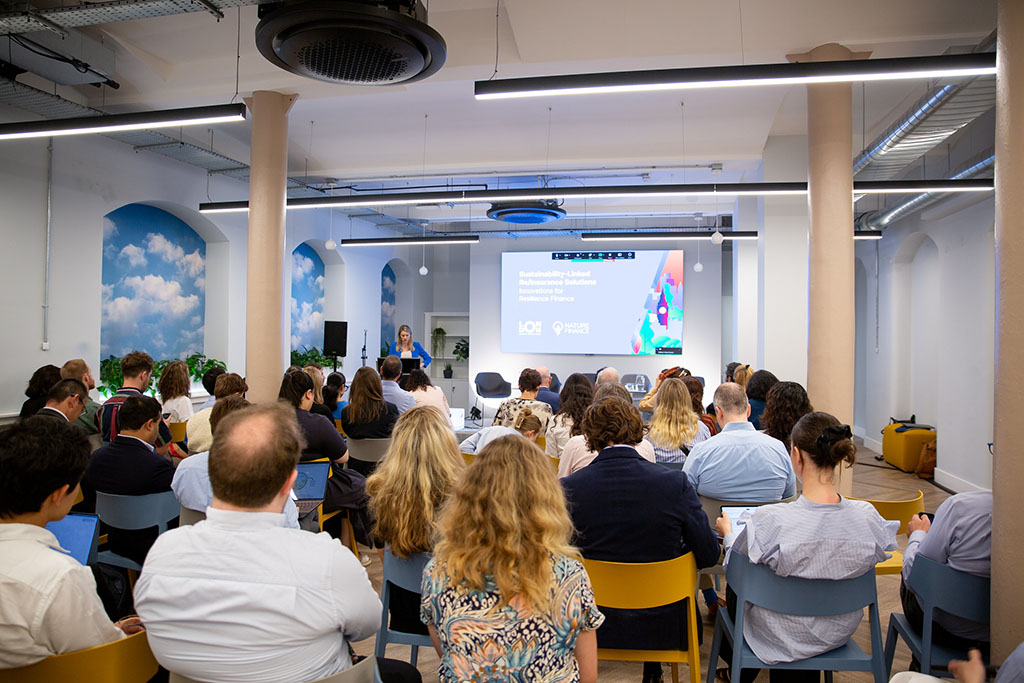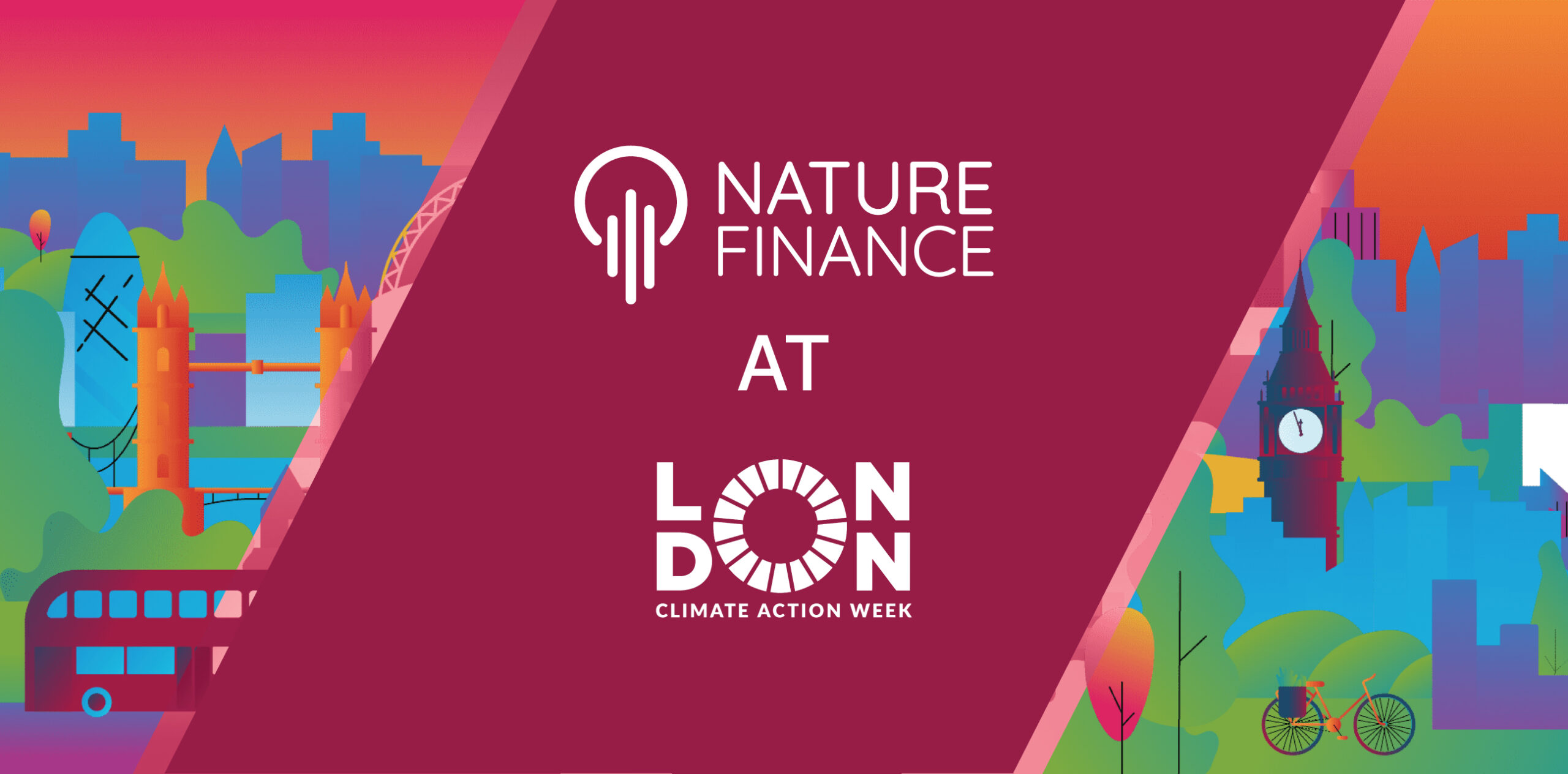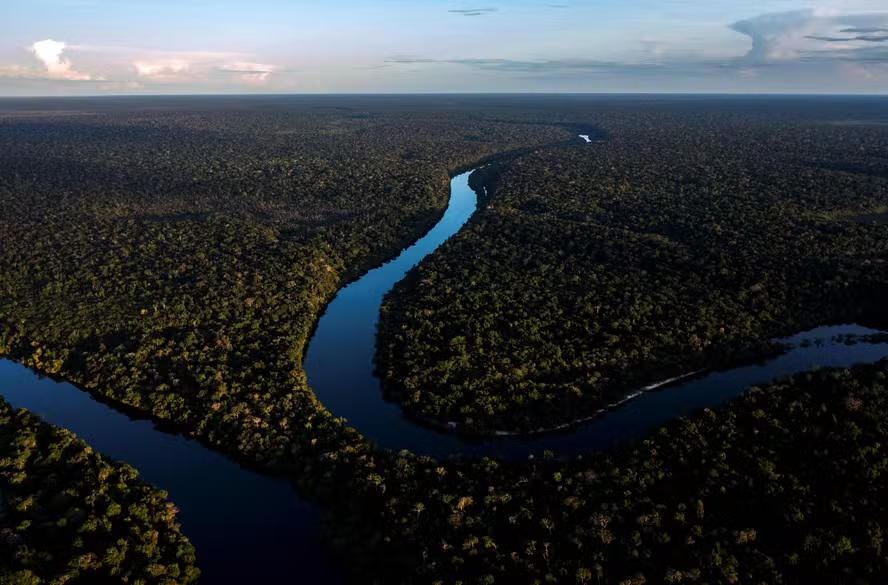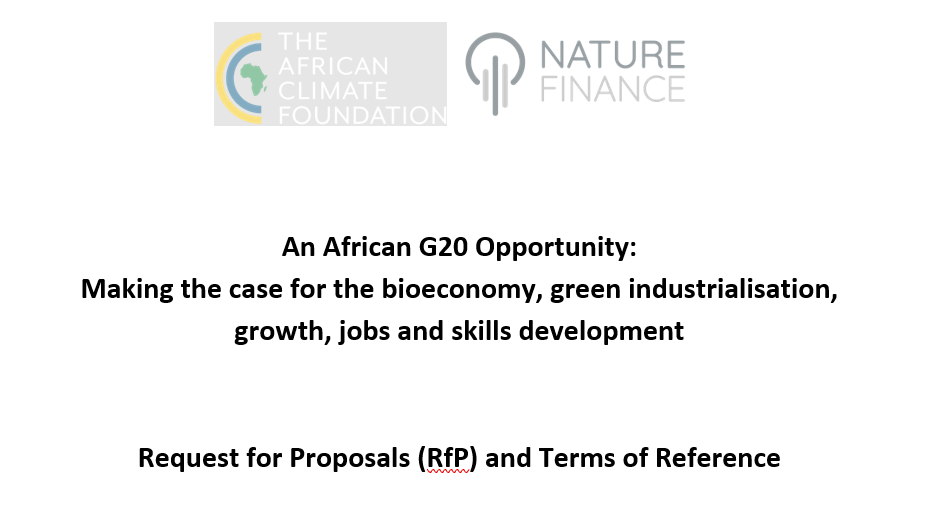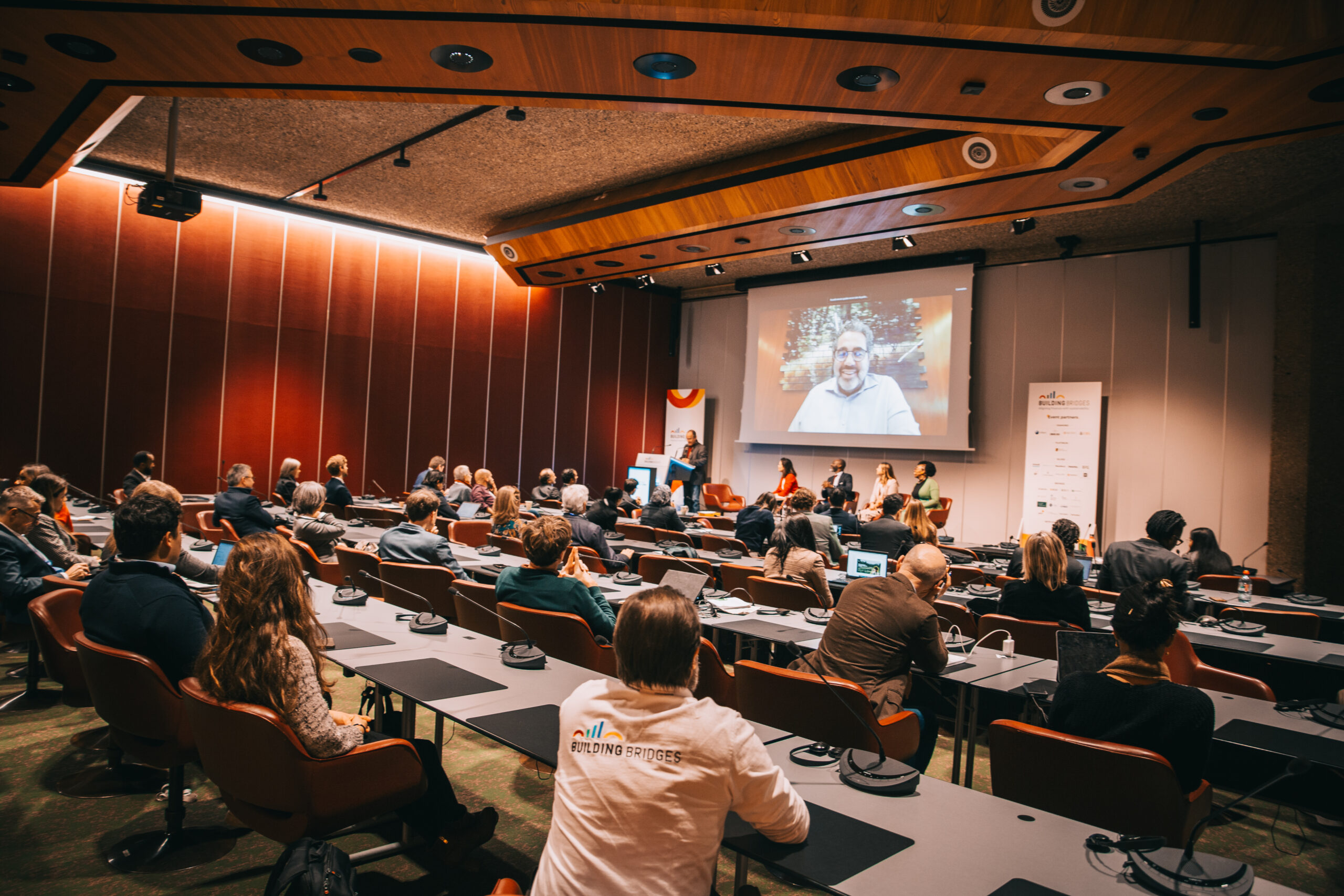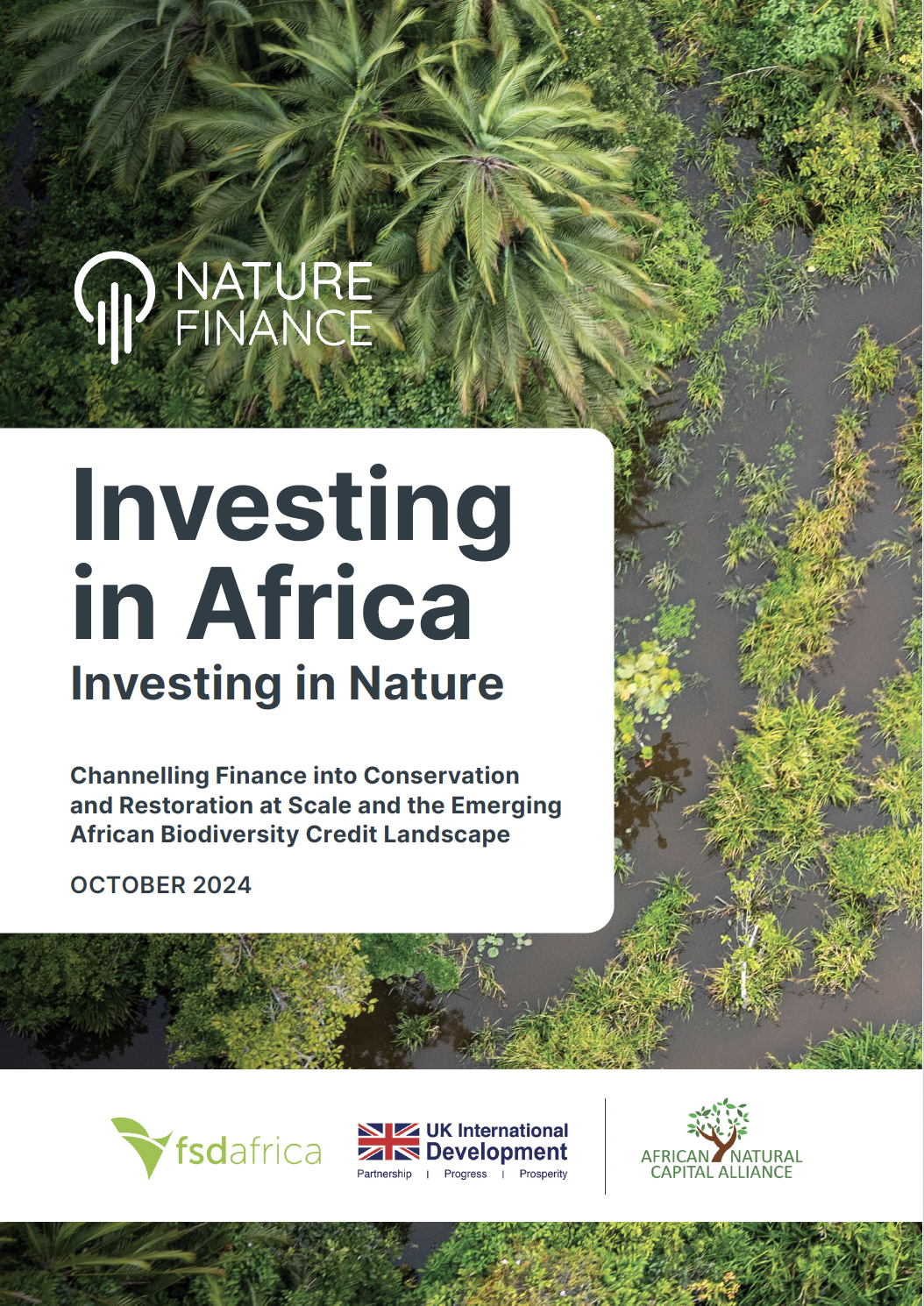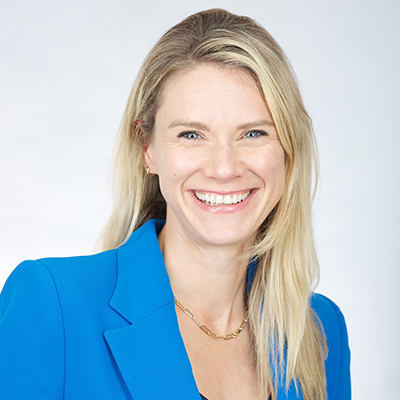November 17, 2025 – Belém (PA) – Global leaders announced today at COP30 in Belém the Bioeconomy Challenge, a global platform designed to translate the 10 High-Level Principles of the Bioeconomy into concrete action and scalable solutions by 2028.
The initiative positions the bioeconomy at the core of the global response to the climate crisis. Building on the legacy of the G20 Bioeconomy Initiative (GIB), the Bioeconomy Challenge aims to expand bioeconomy markets to protect nature, accelerate decarbonization, and establish the sociobioeconomy as a foundation for fair and inclusive growth—placing people and communities at the center of decision-making.
“The bioeconomy is an essential part of the roadmap to end deforestation and to promote a just transition toward a new cycle of prosperity. It replaces a predatory economy with one that is sustainable and regenerative, rooted in biodiversity-based products that can generate food, pharmaceuticals, cosmetics, fibers, bio-inputs, biomaterials, and traditional knowledge. I am very hopeful that we can create a new cycle of prosperity—diverse, sustainable, and fair for all,” said Brazil’s Minister of the Environment and Climate Change, Marina Silva, who received a standing ovation during the event held in the COP’s Blue Zone.
The Bioeconomy Challenge is an international platform with a three-year timeline engaging governments, companies, academia, civil society organizations, and experts. More than 63 organizations from over 20 countries have already expressed interest. The initiative aims to address critical gaps in metrics, finance, and market development that continue to hinder investment at scale.
Brazil’s Ministry of the Environment and Climate Change established the Challenge to drive forward the implementation of Strategic Objective 29 of the COP30 Action Agenda, building on foundations laid under the G20 presidencies of Brazil (2024) and South Africa (2025).
“It is much broader than the G20’s bioeconomy initiative, which was mainly focused on countries. Now we can engage communities, funders, research centers, and companies. This is our opportunity. We truly want to include all these actors in the working groups and foster collaboration across them, involving both the Global North and the Global South,” said Luana Maia, Director of NatureFinance in Brazil.
With NatureFinance as Executive Secretariat, a Steering Committee uniting governments, businesses, and civil society, and an Advisory Group, the initiative establishes a shared governance model to deliver measurable impact.
Four specialized working groups will support the implementation: Metrics and indicators, led by the Food and Agriculture Organization of the United Nations (FAO), Financing mechanisms, led by the Inter-American Development Bank Group (IDB), Market development and trade, coordinated by the UN Conference on Trade and Development (UNCTAD), and Sociobioeconomy and community benefits, coordinated by the World Resources Institute (WRI).
“We will develop the roadmap for implementation, and what we expect to achieve by 2028 is the global framework. Our best financial architecture—with reduced debt, expanded markets, and communities with greater purchasing power, including for children. And we will continue monitoring progress across all stages throughout the process,” said Carina Pimenta, Brazil’s National Secretary for Bioeconomy and Chair of the Steering Committee.
Action agenda
The Bioeconomy Challenge is part of the COP30 Solutions Acceleration Plan.
“For the first time in COP history, the bioeconomy has been placed as a central objective of the Action Agenda—Objective 29 on bioeconomy and biotechnology. We dedicated not just one, but two thematic days to deep and meaningful discussions on how to unlock its full potential, and we are pleased to celebrate the excellent results we achieved together,” said Ambassador Mauricio Lyrio, Secretary for Climate, Energy and Environment at Brazil’s Ministry of Foreign Affairs and lead negotiator for Brazil at COP30.
Also, for the first time in thirty years, the Climate Conference has appointed a Climate Envoy for the Bioeconomy, Marcelo Behar, underscoring Brazil’s leadership in embedding this agenda within global climate governance.
“We want to create the conditions for private investment in high-risk, high-value technologies to drive and accelerate innovation. By positioning these sectors as hubs of sustainable growth, we can transform our economic model. This will allow us to decarbonize and strengthen the resilience of corporate supply chains. Brazil is setting the pace for global bioeconomy work,” said Mary Creagh, the United Kingdom’s Minister for Rural and Environmental Affairs.
Germany’s Minister of the Environment, Carsten Schneider, who flew over the Amazon forest the previous day, also participated in the launch: “We live in challenging times. The prospect of a sustainable, circular bioeconomy gives me hope. It has the potential to unite environmental protection, economic growth, and social equity—creating economic opportunities while respecting traditional knowledge and protecting nature.”
Juan Carlos Jintiach, Executive Secretary of the Global Alliance of Territorial Communities (GATC), highlighted the crucial role of traditional and Indigenous peoples in protecting forests and nature: “Looking back, I see the destruction of the world, including our own land, and yet we protect it. This is our contribution to the planet—what we do and what the government does. Just listen to us and see it, because the answer lies in ensuring the protection of our lands so we can continue living here. We care for this territory for the world and for future generations. We will not hand over another planet—this is the one we have. This is an extraordinary opportunity.”
Turning principles into practice
According to Kaveh Zahedi, FAO’s Director of Climate and Biodiversity, years of discussion have paved the way for the next steps: “In the G20, Brazil was inspiring, and South Africa deepened the analysis of metrics. We now have a decade of experience and hundreds of highly prepared experts.”
Gregory Watson, leader of the IDB’s Natural Capital Lab, emphasized the opportunity for bioeconomy within the IDB’s Amazon Forever program, which aims to expand financing and strengthen regional coordination for sustainable development: “We see this as recognition of collective progress on biodiversity and climate-buffering principles that we are implementing within the IDB. We are working to integrate these principles into our thematic framework for defining bioeconomy in the Bank’s development directives and project design.”
Leading the Market Development and Trade working group, UN Trade and Environment plans to foster training and capacity-building partnerships: “We’ve been working on this for almost 30 years, and what we’ve learned is that the ecosystem must work together. That’s why I need to do something like this for people—and bring us together,” said Chantal Line-Carpentier, Chief of Environment, Climate, and Sustainable Development at UNCTAD.
Craig Hanson, WRI’s Managing Director for Programs, shared examples of bioeconomy projects from around the world: “Think of the community forestry underway in the Congo Basin—that is bioeconomy. Look at Mexico and Central America, where we see community-driven enterprises—that is bioeconomy. The elements exist. We just need to build on them and scale up the agenda. A colleague said we must move from niche to mainstream, and I couldn’t agree more. I hope today marks the moment when we ignite that movement.”
Media contact
Roberta Zandonai, Communications and Engagement Manager, NatureFinance
communications@bioeconomychallenge.org
